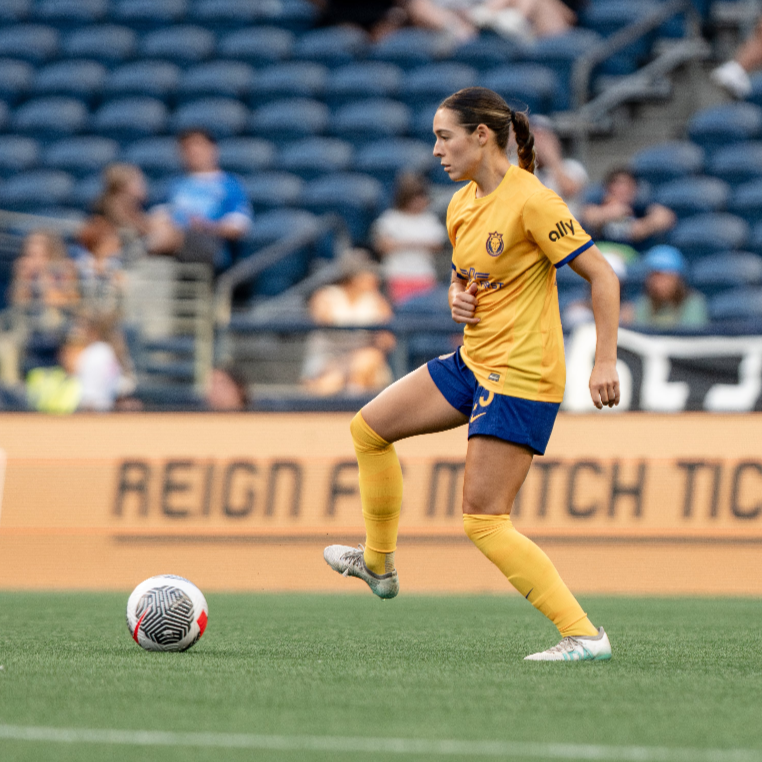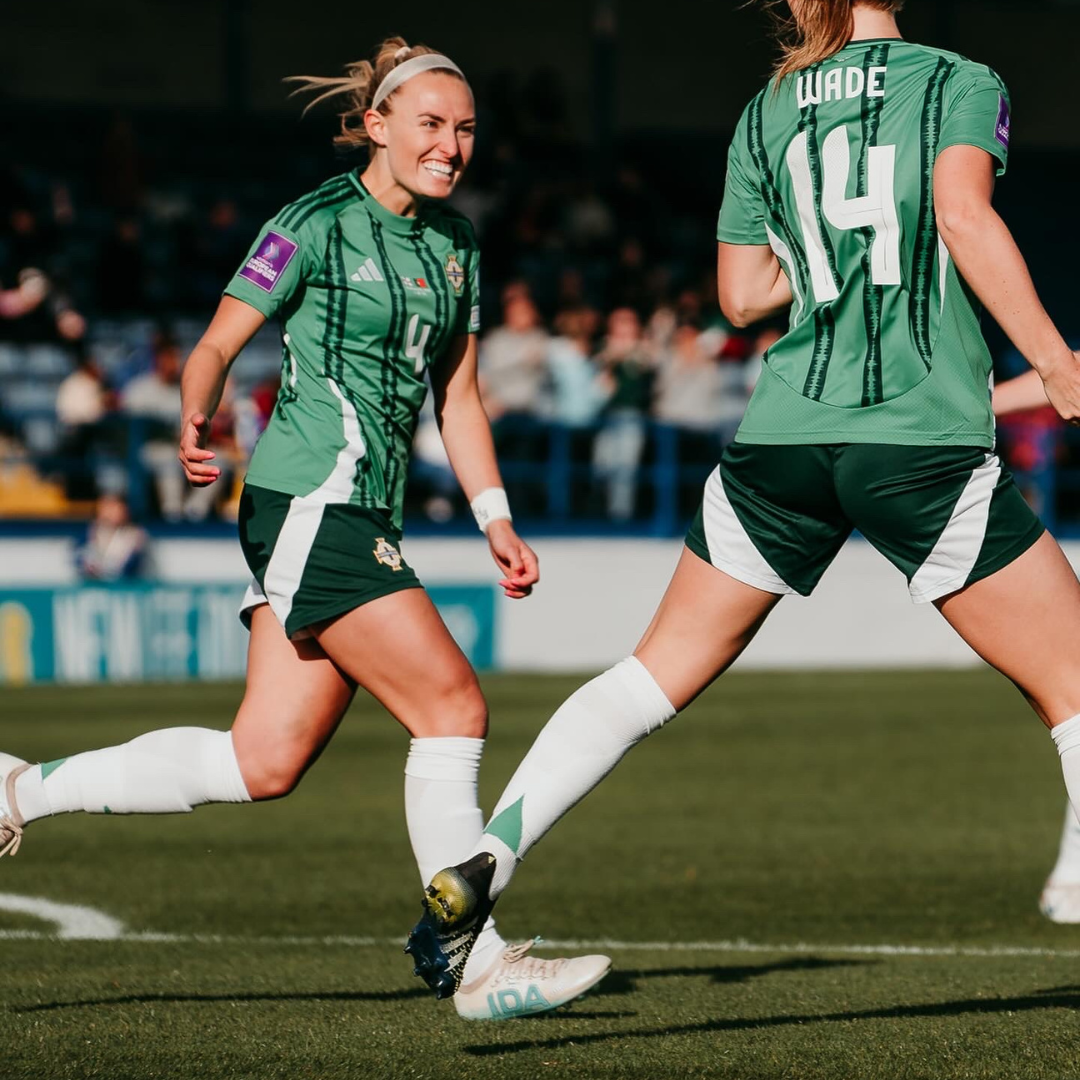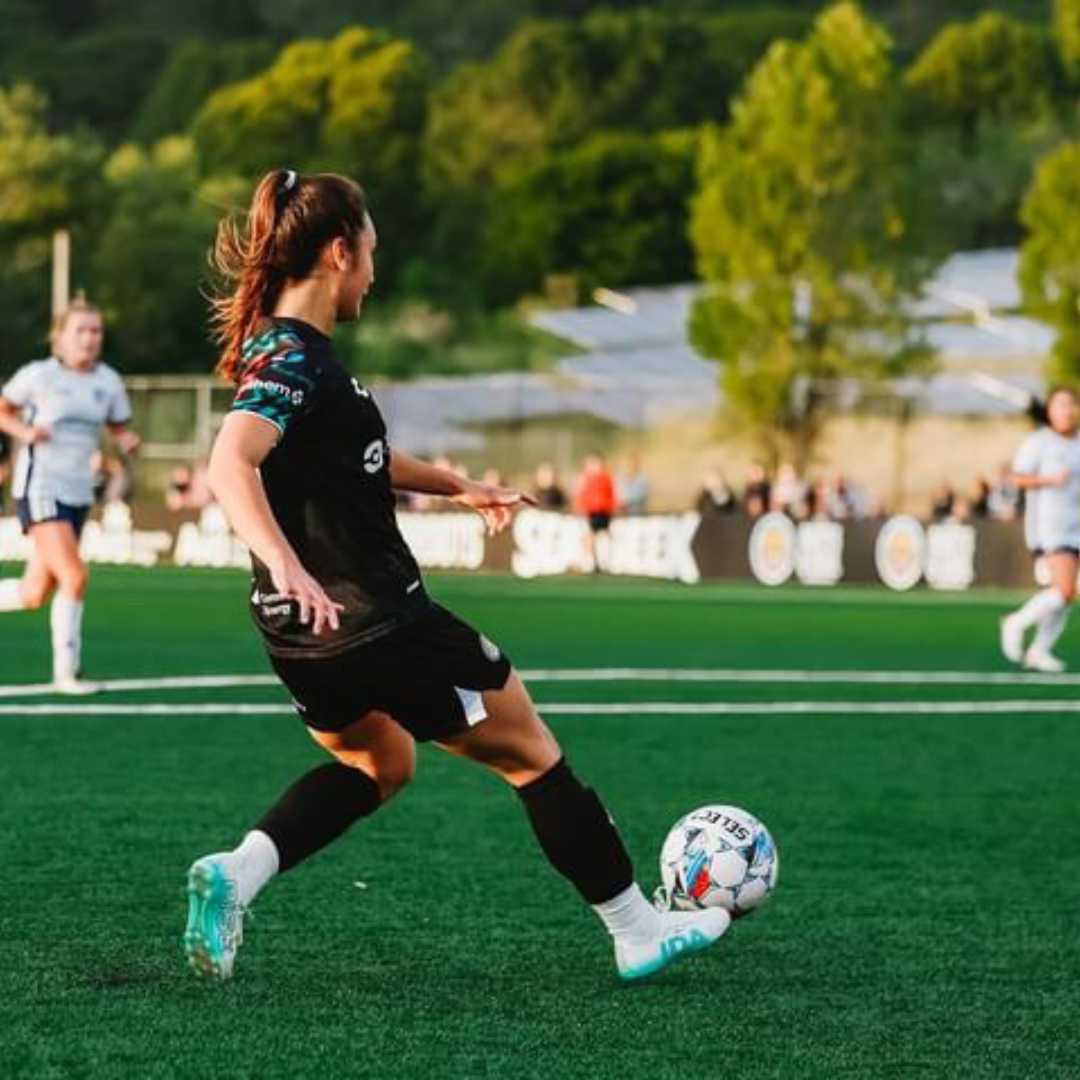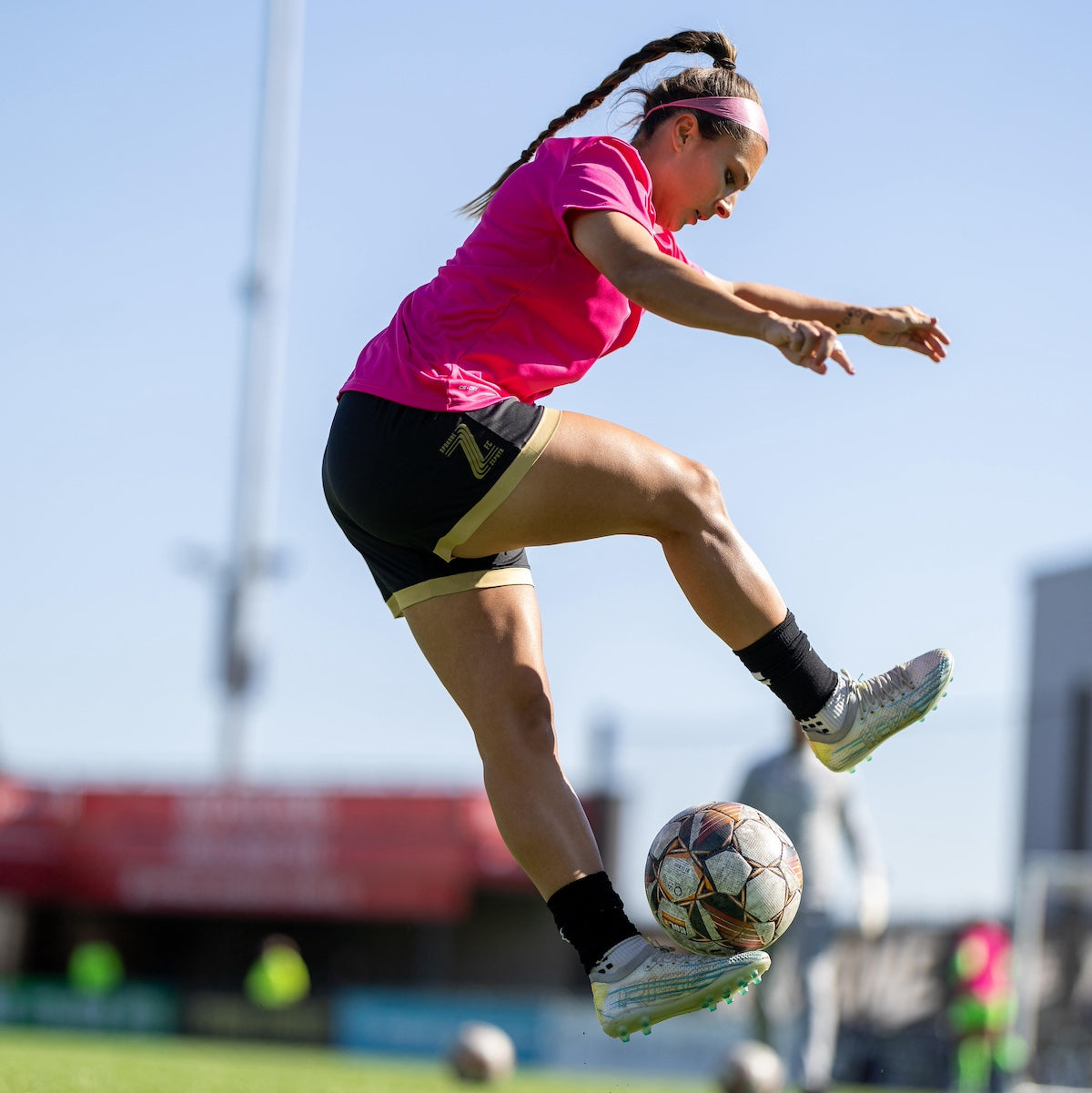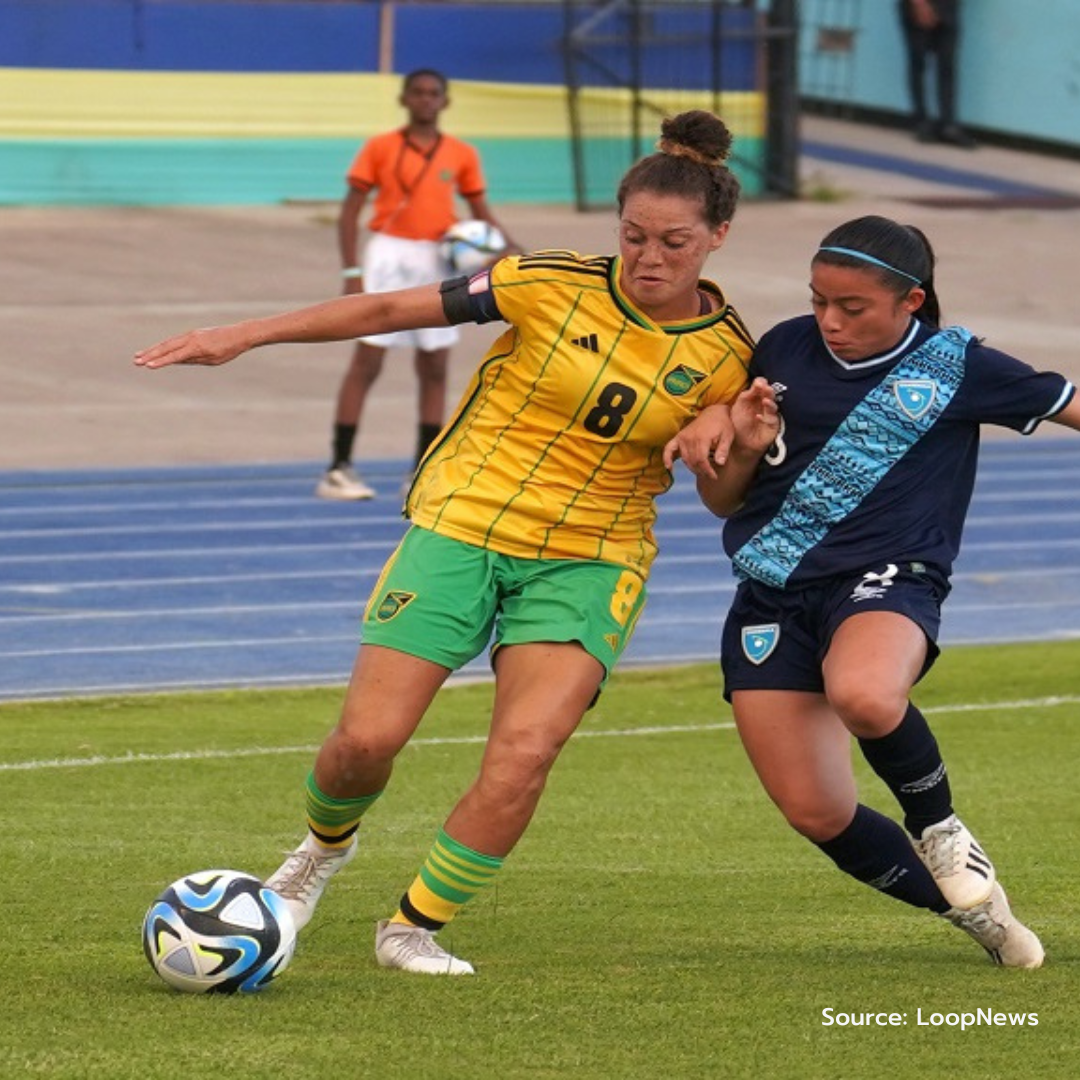






Best Selling Women's Soccer Cleats
Discover the IDA Difference
WHY WOMEN'S SPECIFIC?
Men’s and women’s feet are fundamentally different. Yet the industry standard for women’s boots is still "shrink it and pink it." Playing through black toes, blisters and body aches, all because your boots were made for boys? We say that’s not good enough.
The reviews are in
My daughter loves these cleats. The toe box is wider which is great for her and they are very comfortable. Already ordered her a second pair.
So much more comfortable than the men's cleats I've been wearing.
WOW! These are, hands down, the most comfortable pair of cleats I've ever owned.
I love these cleats! They feel great around my foot, and don’t give me blisters. Not only is the design amazing, but the grip on the cleats improves my touch and the overall feel of the ball.
Treat yourself! You won't regret it! I absolutely love my new IDA trainers and get compliments on them all the time.
Finally female shoes! Wearing IDA cleats in the World Championships for the USA was such a great experience to showcase this awesome brand.
The higher arch and wider toe box feels amazing! I can't go back to unisex cleats after the feel of these.
Questions with answers
Why do I need cleats made for women?
Male and female feet are different, and wearing the wrong athletic footwear can have a direct impact on comfort, risk of injury, and performance.
Most women’s cleats and shoes are made for male feet and shrunk to ‘fit’ women. We know that unisex is not enough for female athletes, and can lead to completely preventable pain and discomfort. You can read more about the differences in male and female feet on our blog.
How do women's feet differ to men's?
Generally speaking, female feet have a wider toe box to heel cup ratio, higher arches, and different pressures loads based on how we carry our body weight. These may only sound like small differences, but it can have a big impact on the fit of your shoes. You can find out more in our blog post on the differences between men’s and women’s feet.
How are your cleats different from other women's cleats?
Most "women’s" cleats are made on a male shoe-last, shrunk down, and labeled as women’s. A last is a mold that a shoe is built around. This means the shoe is created to fit a male foot and does not account for the differences between male and female feet.
We have a unique female last, meaning all our shoes are built to fit an anatomically female foot. In addition, we’ve consulted researchers and podiatrists and changed the stud configuration to support a woman’s body better.
What are the common signs of my boots not fitting properly?
You may experience blisters on your heels or cramped toes. You may find that your feet ache after you take your boots off or the next day. This doesn’t have to be normal for you!
What should my cleats feel like?
They should feel so comfortable that you stop thinking about them on the pitch. Our goal is for you to spend less time thinking about foot pain and more time focusing on your game.




























